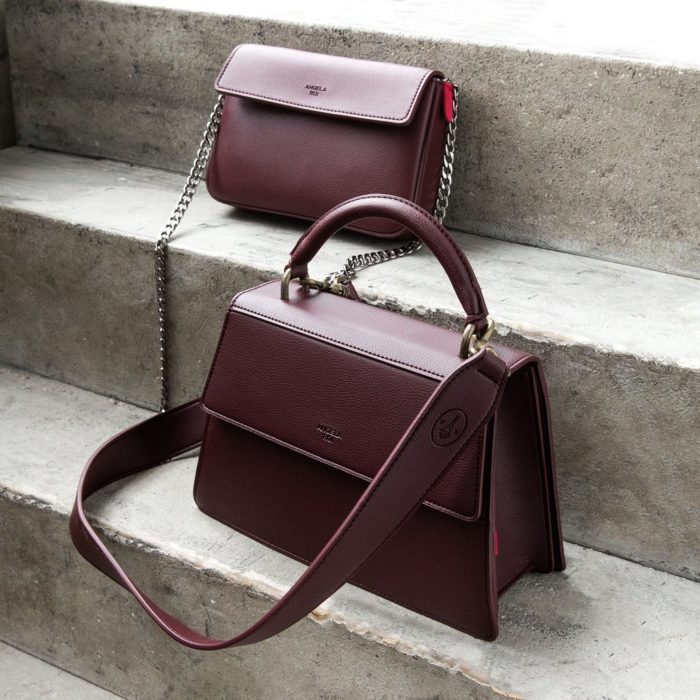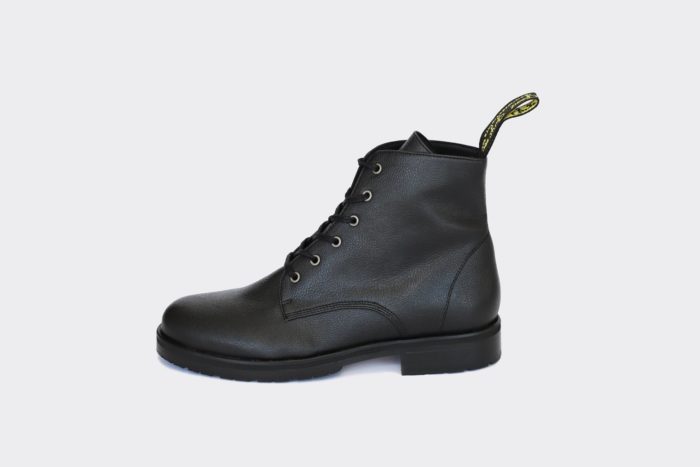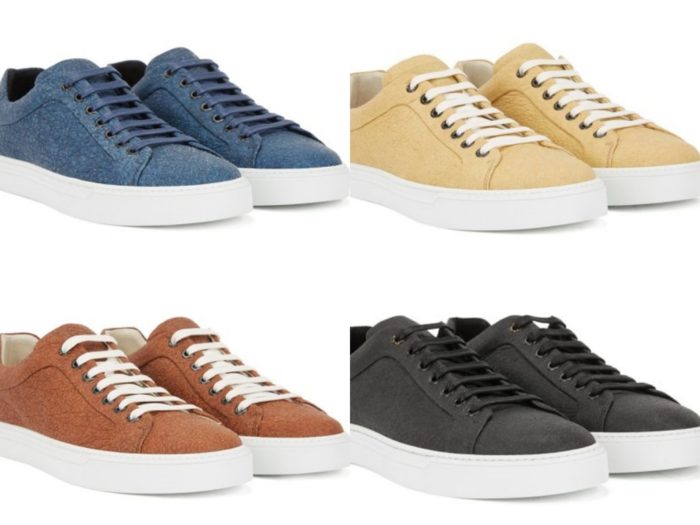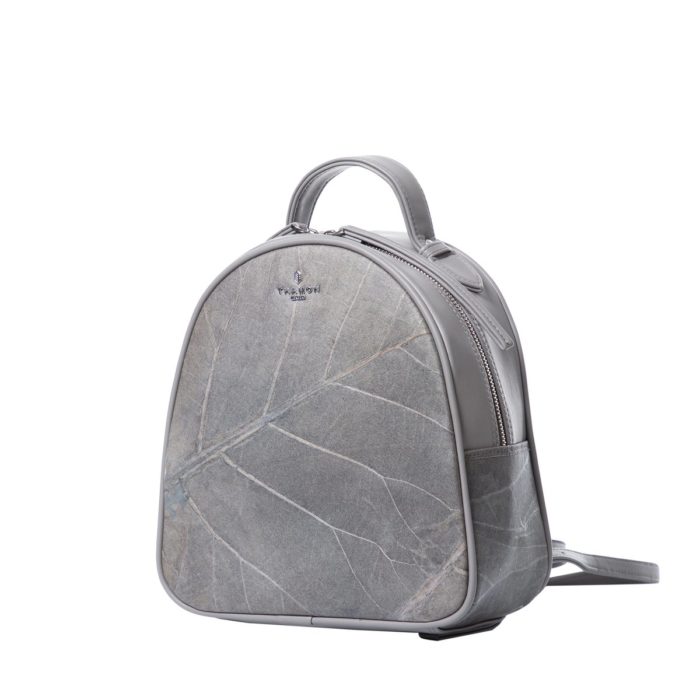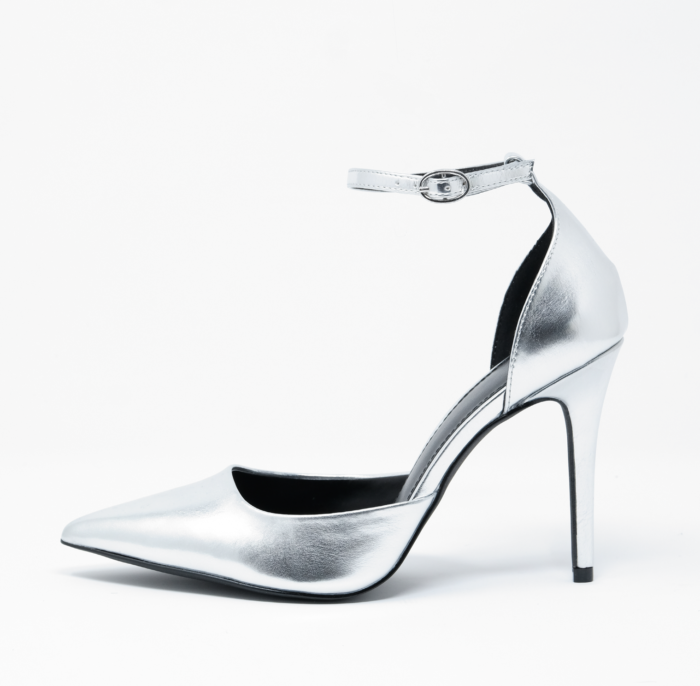Leather Alternative Materials
Materials that don't cost lives, and that are better for the planet!
When we wear animal skin leather, we are paying for animals to be slaughtered, and for the environment to be destroyed.
1.48 billion cows, buffalo, sheep and goats are slaughtered and skinned for leather every year.
So what materials are available now, to wear instead?
Polyurethane (PU)
Polyurethane, also called PU, is a synthetic material, and is the most commonly used leather alternative material. It is far less damaging to the environment than animal leather, as well as PVC, a different sort of synthetic material which we don’t encourage people to buy.
The Global Fashion Agenda found PU to have less than half the environmental impact cow skin leather does. It’s not perfect, but it’s hugely better than leather for both animals and the planet.
‘Apple Leather’
‘Apple leather’ is made from the waste product which comes from apple farming for juice – skins, cores and seeds. These otherwise discarded materials are made into a fine powder which is combined with polyurethane, and put onto a biodegradable cotton backing to make a material which is 50% apples.
Piñatex
Piñatex is made mostly of pineapple plant leaves that originally were a simple by-product discarded by pineapple fruit farmers. Selling this material provides rural farming communities with an additional stream of income.
The leaves are processed to extract the fibres, and these are manufactured into a non-woven substrate. The base leaf fibre material is 100% biodegradable, the top coating, which makes up 10%-15% of the final product, is not.
The top coating is made of polylactic acid (PLA), which is a thermoplastic aliphatic polyester derived from renewable biomass, typically from fermented plant starch such as from corn, cassava, sugarcane or sugar beet pulp. While this isn’t perfect, it is a hugely better alternative to leather tanning, or synthetics made from petroleum.
Cork
Cork is an extremely sustainable material as cork trees can be harvested without being cut down. Every nine years the outer bark layer of the cork tree is harvested, and each time this happens, the tree absorbs more CO2 to aid in the bark regeneration process. This means regularly harvested cork trees store three to five times more CO2 than those left unharvested.
Cork is completely biodegradable.
‘Leaf Leather’
Leaves are picked from or collected from the ground below trees that are left to grow, and they are coated in a resin, which is often plant-oil based, like with the coating of Piñatex. The resin coated leaves are then strong, yet still flexible and light.
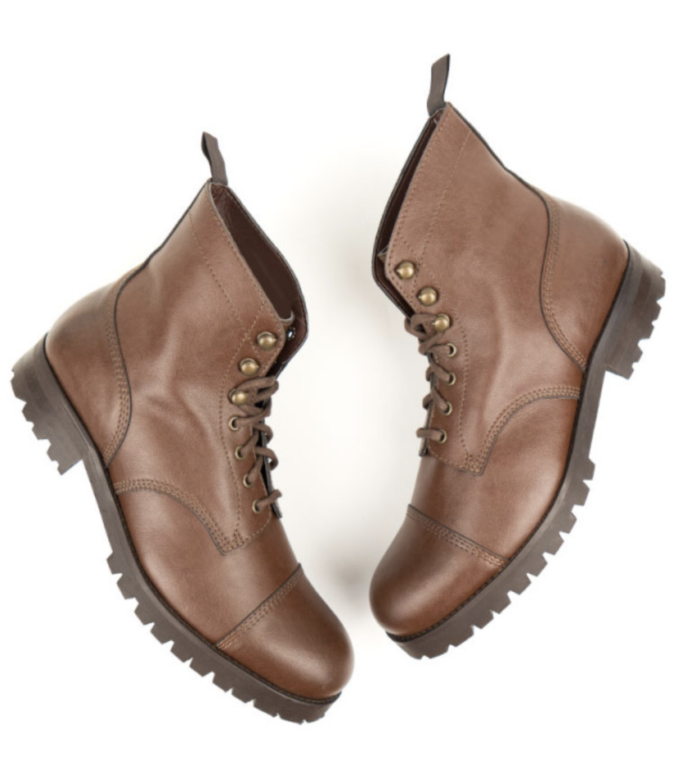
Bio-PU
Polyurethane is made partly of oil and this oil is most often petroleum, which is obviously problematic for the environment as this means mining and destroying the earth. However, bio-oils which are created from natural grains and plants can be used to create PU as well, and this is far more sustainable.
‘Mulberry Leather’
This material is made from mulberry leaves which are ‘laminated’ with a silicone material. A similar process has been used for centuries in Korea for lampshades and other traditional artefacts.
‘MulbTex’ has a cotton base and the leaf pulp has a natural shine which makes it waterproof. This is the same shine found in silk, as silk worms are fed only mulberry leaves, but by going directly to the plant source, no silk worms are harmed.
Recycled PU
Polyurethane can be recycled and reused again as a leather alternative! This is more eco-friendly than creating virgin PU.
With all of these options, it’s clear we have no reason to wear someone else’s skin!
Pledge to go leather-free
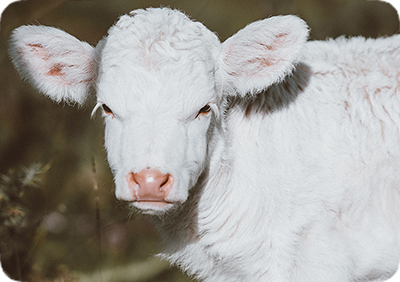
Ethical fashion does not involve paying for the slaughter of animals. By entering a few details below, you can commit to a kinder world and pledge to say 'no' to leather when you shop!
As thanks, we'll send you an e-mail containing discount codes for leather-free products from vegan brands, as well as further information to help you on your way.
Related Articles
-
Shopping Leather Free!
There is no reason to wear someone else's skin now that we can wear an array of vegan materials!
-
Is Wearing Leather Like Wearing Fur?
The animals killed for fur and leather aren't so different...
-
Does ‘Ethical Leather’ Exist?
Many companies, aware that consumers care about the well-being of animals, market their leather products as 'ethical'. Can this ever be true?
-
Aquaculture
The global production of farmed fish is experiencing rapid growth, with fish farms now supplying over 50% of the world's fish and shrimp consumed by humans.
-
The Easiest Way To Support ALV
Snap, write, share and donate - for free! You can raise $1USD for each review of vegan food or products to support ALV.
-
Kangaroos
The world's largest land-based wildlife slaughter is happening to Australia’s iconic kangaroos, considered a pest on the land they have lived in for over 20 million years.
